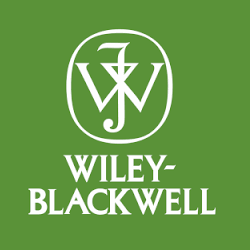ABSTRACT:
Phthalate esters received a considerable attention owing to its various applications and the harmful health effects resulting from phthalate exposure; thus, finding an alternative to phthalate derivatives became a necessity. Phthalate esters are commonly used as plasticizer in polymer formulation; in particular for poly(vinyl chloride) (PVC) formulation. According to the researches in the last 18 years, epoxidized vegetable oils are one of the alternatives that are strongly encouraged to substitute phthalate esters since they were proven to be valid in various applications, eco-friendly and sustainable resource. However, most of the production practices for epoxidized vegetable oil are via conventional epoxidation that concentrates on a catalyst that is homogeneous and non-reusable. This type of catalyst, however, causes several problems later in the process. Therefore, the selective epoxidation of vegetable oils process requires new catalytic systems that are more aligned with the green chemistry principles. This article reviews the harmful health effects associated with the exposure to phthalate esters products, explains the usage of oleochemicals resources as a substitute to phthalate esters and describes different approaches for the epoxidation of vegetable oils. Finally, it draws attention to the usage of epoxy and bio-based compounds as plasticizers in PVC manufacturing.







